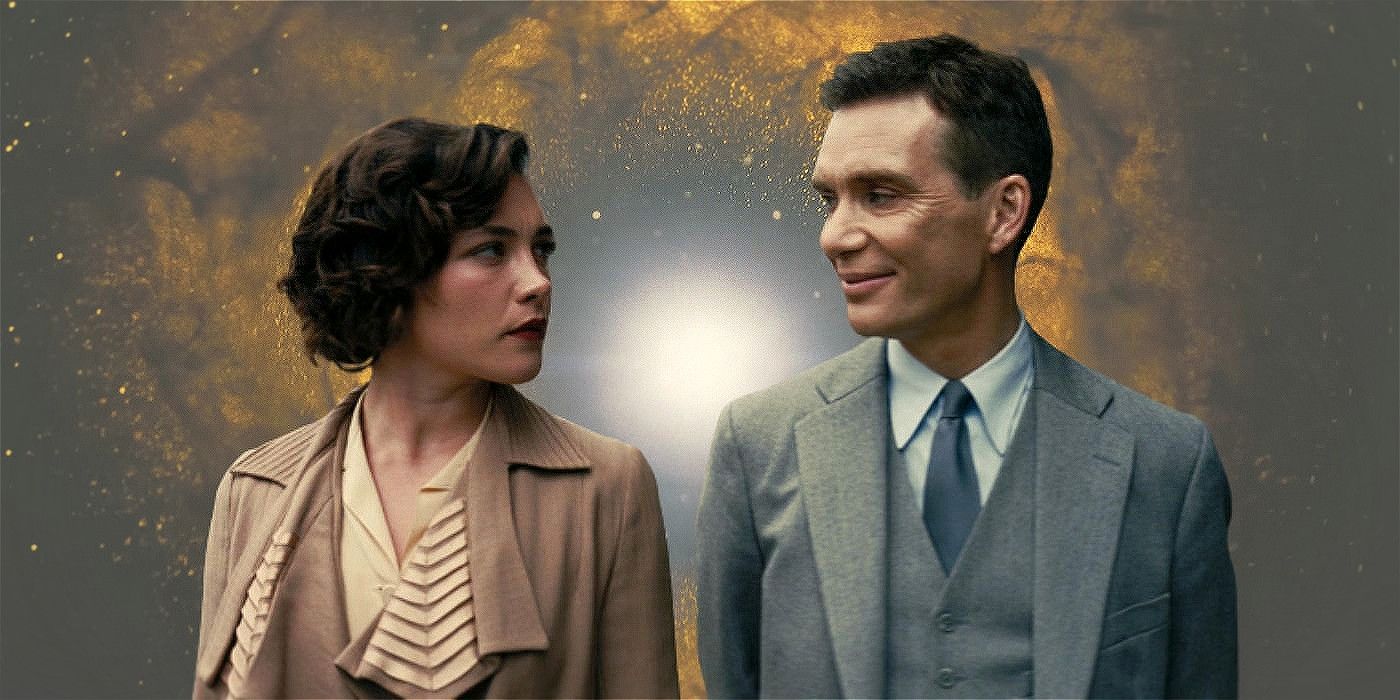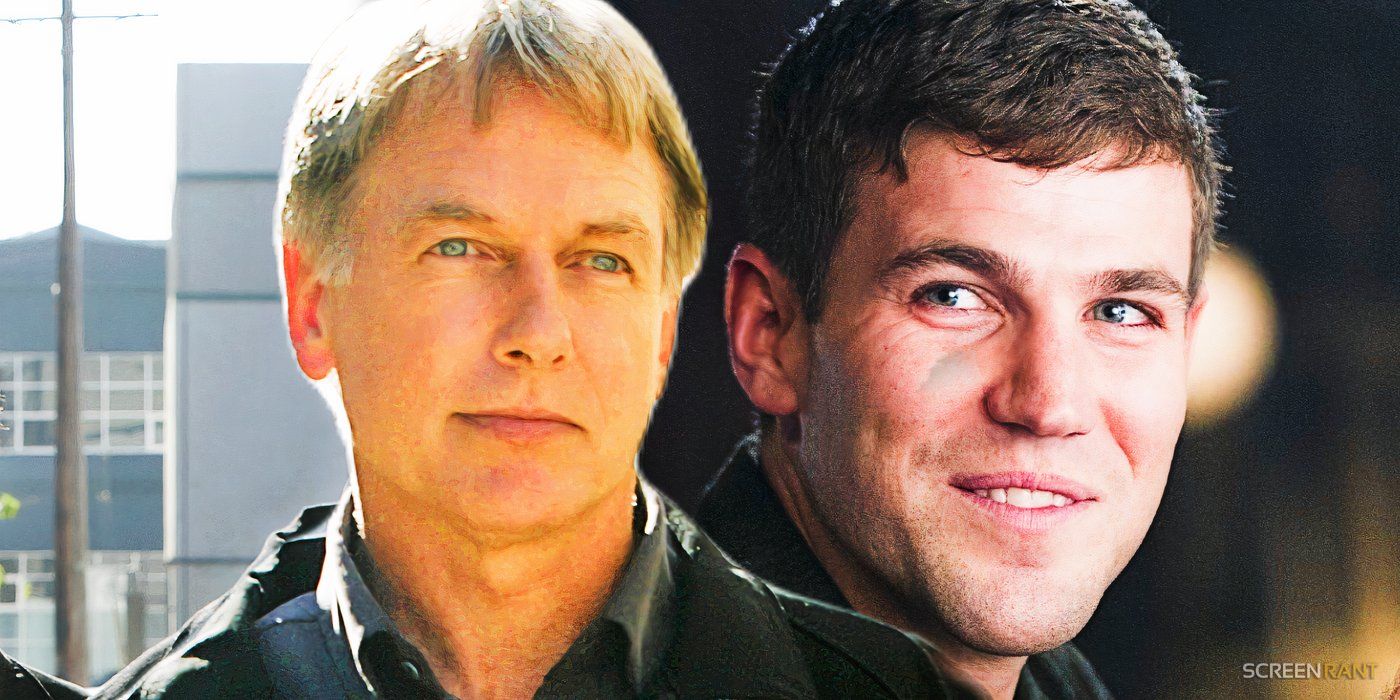Although Christopher Nolan’s Oppenheimer does not explain why the atomic bomb test was named “Trinity,” it has a profound meaning that seemingly connects to Jean Tatlock. Based on Kai Bird and Martin J. Sherwin’s book, American Prometheus, Oppenheimer‘s narrative primarily unfolds in three arcs. While the first arc focuses on how the physicist’s early days at university led him to become a leading physicist, the second arc highlights his journey leading the Manhattan Project during World War II. Finally, the third arc in the movie is all about Oppenheimer facing the dire consequences of developing the bomb.
In all of these arcs, Oppenheimer creates mystery and intrigue surrounding many aspects of the physicist’s narrative. For instance, it makes audiences wait till the end before revealing what Oppenheimer and Albert Einstein talked about during their brief encounter. However, while it resolves some of these overarching mysteries and questions, it leaves others unanswered. One of the unanswered mysteries is J. Robert Oppenheimer’s reasoning for choosing the name “Trinity” for the atomic bomb test.
The Atomic Bomb’s Trinity Test Name References A John Donne Poem

As portrayed in Christopher Nolan’s Oppenheimer, J. Robert Oppenheimer was deeply influenced by the ideas in the Hindu scripture Bhagavad Gita. What the movie does not show, however, is that the American theoretical physicist’s love for literature also extended to John Donne’s metaphorical poems. While the exact origins of the codename “Trinity” are shrouded in mystery, it is believed to be a reference to one of John Donne’s poems that left a profound impact on Oppenheimer.
Brigadier General Leslie R. Groves, Jr. (played by Matt Damon in Oppenheimer), the director of the Manhattan Project, wrote a letter to Oppenheimer in 1962, curiously investigating the origins of Trinity Test’s name. He asked whether he chose the name simply because it would attract little attention or had other deeper reasoning in mind. Oppenheimer affirmed that suggested the name, but for a completely different reason. The theoretical physicist wrote that it was unclear to him why he went for the name, but he could recall the thoughts in his mind when he came up with it (via Los Alamos National Library).
To elaborate further, Oppenheimer cited a quote from John Donne’s poem Hymn to God, My God, in My Sickness: “As West and East / In all flatt Maps – and I am one – are one, / So death doth touch the Resurrection.” He then confirmed that while the quote still “does not make a Trinity,” another Donne poem, Holy Sonnet XIV, alludes to the origins of the codename with its opening verse: “Batter my heart, three person’d God.” The “Three person’d god” in the poem refers to the Holy Trinity, a religious Christian concept that posits the belief that God exists in three divine persons: The Father, The Son (Jesus Christ), and The Holy Spirit.
How Trinity Connects To Oppenheimer & Jean Tatlock’s Relationship

Jean Tatlock introduced Oppenheimer to many literary works, including the poems of John Donne. Their romantic relationship and shared interest in literature are believed to have played a crucial role in shaping the physicist’s intellectual endeavors and overall worldview. Owing to this, many speculate that the name Trinity was not only an allusion to John Donne’s work but also a tribute to Jean Tatlock, one of the many details from the physicist’s real life that Oppenheimer does not portray.
Sources: Los Alamos National Library





